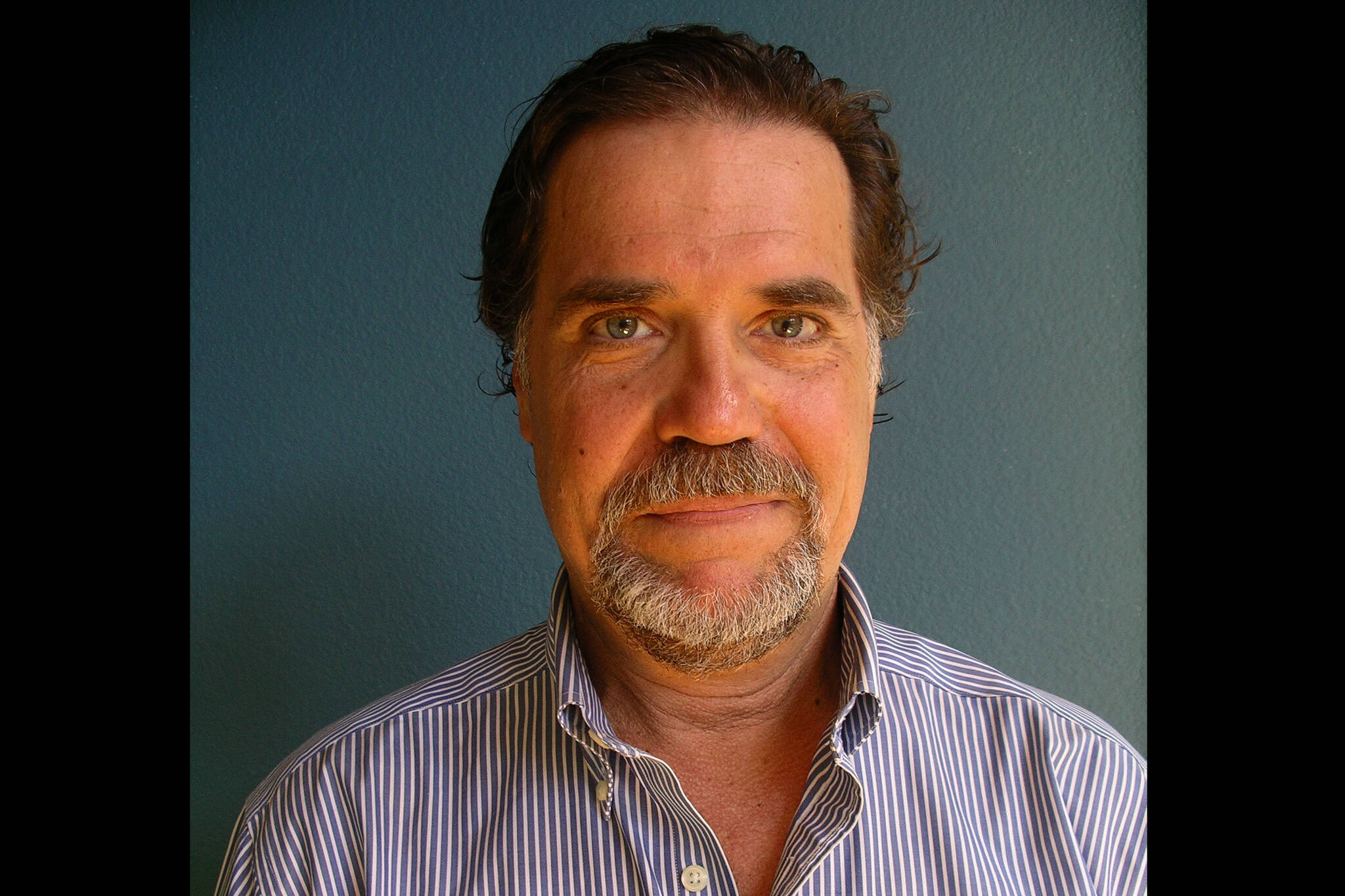By Peter Asmus
With the total state population of less than 800,000 people — but a landmass larger than Texas, California and Montana combined — Alaska offers unique opportunities for individuals and institutions to make a major impact when it comes to energy innovation. It is a state whose energy history neatly aligns with the global trends toward a more distributed, decentralized and disaggregated energy system.
In a place where at times the sun never sets or hardly even rises, Alaska is a unique vantage point upon which to review the world’s current energy conundrum. How do we supply reliable and clean electricity in a state whose economic development has for so long been tied to the extraction of fossil fuels?
Energy innovation in Alaska occurred in a bit of a public policy vacuum. Renewable energy integration here is driven by economic necessity, not top-down policy incentives or mandates. Renewables are installed because they make economic sense. This is evidenced by the fact that although state funding from oil revenue for the state’s Renewable Energy Fund has declined significantly over time, the total installed capacity of renewable energy projects continues to increase, especially in high energy cost areas of the state, according to data collected from the Alaska Center for Energy and Power.
Microgrids – little islands of self-sufficient energy systems — capable of running on 100% renewable energy were designed and implemented to reduce cost and to increase resiliency in Alaskan communities. When diesel fuel can cost more than $1 per kilowatt hour and may only show up once or twice a year, it is prudent to diversify fuel risk. Furthermore, renewable fuels such as wind and water are free. They also don’t pollute the atmosphere, an issue gaining attention due to recent evidence that climate change is accelerating.
Microgrids in the 49th state incorporate a much greater diversity of renewable energy resources than microgrids operating in the rest of the US. Hydroelectricity, geothermal, wind and hydrokinetic technologies have all been deployed in Alaska. Solar photovoltaic (PV) arrays are also gaining traction in the northern region despite long months of seasonal darkness.
Alaska has another unique resource as well — its people. Being so isolated, so large, with so few people, this is a state where an individual can really make a difference. And with a largely deregulated and decentralized energy market, individuals can make a real difference in championing projects near and dear to their hearts. They can make a difference not only here within the boundaries of Alaska, but across the world.
Alaska, and the rest of the circumpolar Arctic, is bearing the brunt of climate change. Here, it doesn’t matter if one is a Republican, Democrat or an independent. Everybody sees that Alaska’s landscape is being transformed by climate change and that the impacts are severe.
Stereotypes of American ingenuity live large in Alaska. The purchase of Alaska from Russia in 1867 was highly controversial. Many thought it was a boondoggle, or worse. With the discovery of oil and massive buildout of the infrastructure to deliver this precious fossil fuel to the rest of the nation, views of Alaska changed. And those views are changing again as the world takes stock of alarming reports of accelerated climate disruption. Just as Alaska became an integral part of the fossil fuel infrastructure that delivered massive economic benefits to the country, Alaska is now showing the way on how to create a more resilient and sustainable energy system for all citizens, not just a select few.
Peter Asmus is Executive Director of the Alaska Microgrid Group and a researcher with the Alaska Center for Energy and Power at UAF. He has over 30 years of experience reporting on energy trends.

